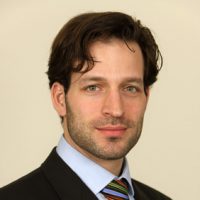Open for Business?
Iran may be continuing its global charm offensive, but the U.S. government is still having trouble selling changes in Iran policy to an American audience. The latest example came late …
Enlargement and Estrangement in Brussels
Miles’ Law of Administration, “Where you stand depends on where you sit“, seems to take a new twist when it comes to the EU’s Enlargement policy. Given the physical relocation …
Avoiding the “Nuclear Option”
The two major headlines from the past weekend—Democrats use the “nuclear option” by changing the Senate’s filibuster rules, and U.S. Secretary of State John Kerry secures a deal temporarily halting …
The Case of Iran Teaches the EU a Lesson in Global Leadership
After a decade of nuclear talks, a deal between Iran and the international community may finally be in sight. However, what if the compromise found at the negotiation table falls …
Why the EU needs a Special Representative to Respond to the Arab Spring
The European Union and its member states continue to struggle to find a response to the Arab Spring, write former DAAD/AICGS Fellow Almut Möller and Cornelius Adebahr. Past policy approaches had little impact on the area’s regimes, if anything doing more to support them than reform them. In this report for the German Council on Foreign Relations (DGAP), the authors argue that the EU should reorient its policies and utilize one of its established and successful foreign policy instruments and name an EU Special Representative for North Africa.




